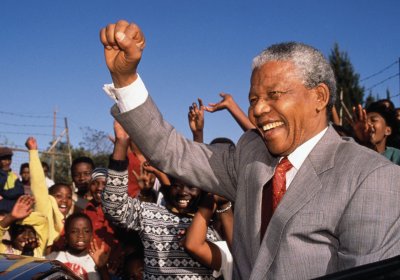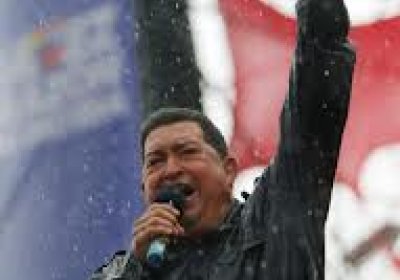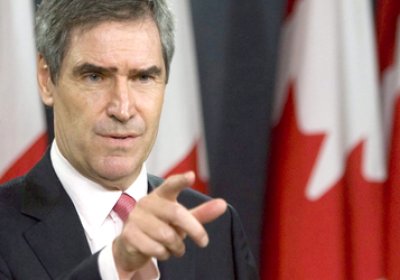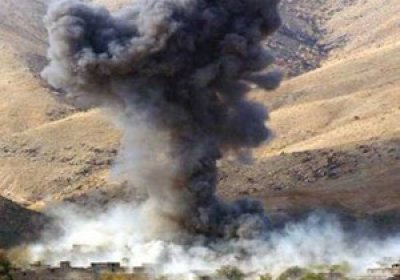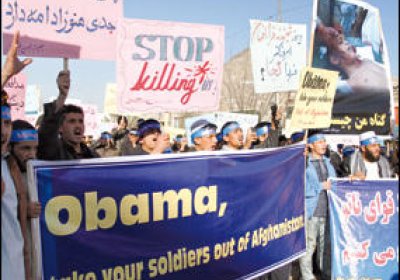Members of the Green Party of Canada made history at their August 5–7 convention in Ottawa, passing a resolution to support the boycott, divestment and sanctions (BDS) campaign targeting economic activities in the Palestinian territories occupied by Israel.
Derrick O'Keefe
Hugo Chavez has died — undefeated. Yes, undefeated. Chavez, no matter how many times the corporate media and the cheerleaders of the status quo call him a dictator, was elected repeatedly with overwhelming majorities. No matter how many times this slur is moronically or mendaciously repeated, people know the truth. No less than Jimmy Carter certified Venezuela's elections as amongst the most fair and transparent his organization has ever observed. And the voter turnouts that elected Chavez were usually far, far higher than those in the U.S.
A billionaire, mass murdering criminal is dead, but the symbiotic processes of empire and terrorism that breed inequality, war, occupation, torture and dispossession are alive and well.


